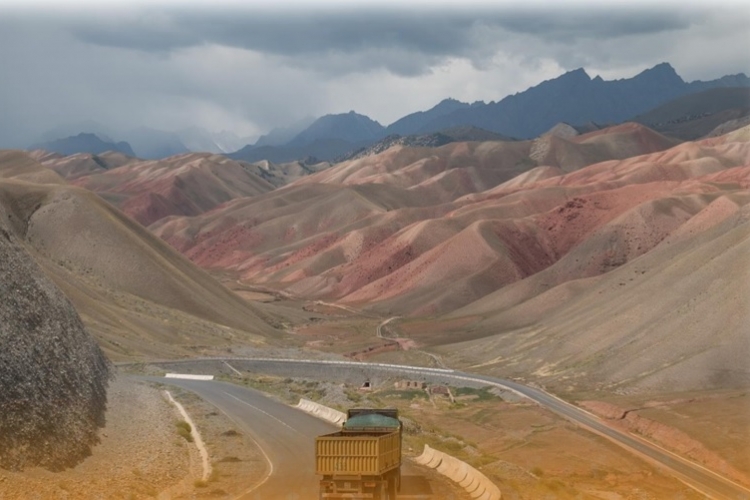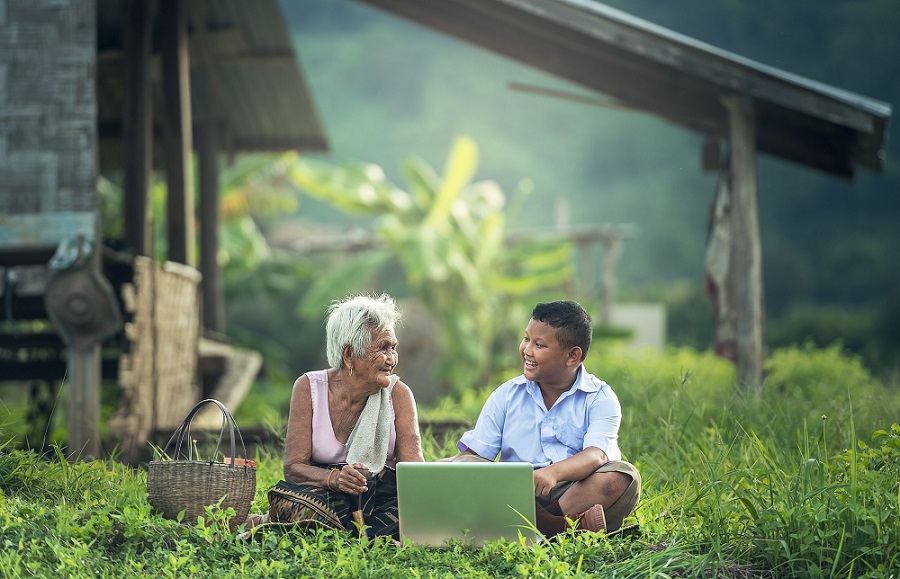Flattening the curve of COVID-19
In Asia and the Pacific, the impact of COVID-19 has been tremendous due to the high concentration of people, economic activities and resource consumption. Coronavirus threatens economic, social and medical well-being of millions and we must act now to protect Asia's most vulnerable Armida Salsiah Alisjahbana, the UN Under-Secretary-General and ESCAP’s Executive Secretary wrote in the Nikkei Asian Review on the 2nd of April.










